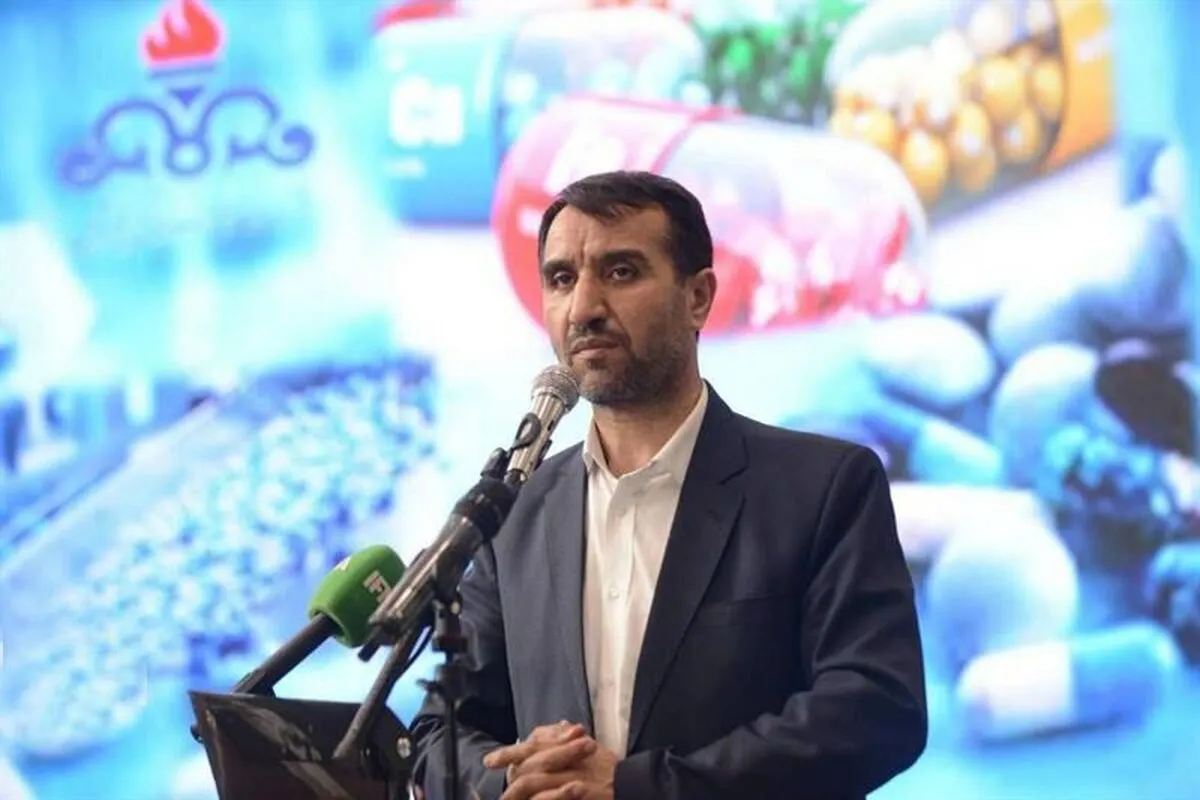Official Underlines Self-Sufficiency of Iran’s Petrochemical Industry in Production of Catalysts

Shahmirzayee made the remarks, addressing the opening ceremony of the 18th Iran Plast International Exhibition held in Tehran on September 8-11.
Before 1979, the country’s petrochemical sector with just five petrochemical plants was fully dependent on foreigners from designing to production, he said.
Shahmirzayee further said that Iran’s petrochemical sector owes 95 percent of its progress to after-revolution activities, adding the sector has taken great steps in the direction of domestic production of its technical know-how needs.
Last year, the Iranian research and technology companies ranked first among the petrochemical know-how companies in the world given the number of contracts they could conclude in the fields of know-how, licensing, and catalyst production, he noted.
In 2022, Iranian knowledge-based companies exported more than 1500 varieties of catalysts and the country could end its 116 years of dependency on the product during less than three years of the 13th administration in office to August 2024, Shahmirzayee said.
“By relying on Iranian young experts' capabilities, we are determined to produce the remaining 15 percent of petrochemical goods and equipment at home over the next five years so that the flow of petrochemical commodities and equipment gets reversed and Iran becomes the hub of petrochemical products exports,” he underlined.
The official stated that the current petrochemical production capacity of the country stands at 96 million tons annually, adding this capacity will mount to 100 million tons before the end of this Iranian calendar year on 19 March 2025 by exploiting 20 planned projects of which 7 projects have come online so far.
288 foreign companies from China, Italy, Taiwan, Korea, Turkey, France, India, Germany, Spain, and Russia along with 525 domestic firms participated in the 18th Iran Plast International Exhibition.
Representatives from Russia, Serbia, Kazakhstan, Tajikistan, China, Pakistan, Uzbekistan, Afghanistan, Belarus, Syria, Iraq, and Oman visited the exhibition in the form of 12 business delegations with the aim of expanding cooperation with Iranian companies.
The four-day event covered various areas including petrochemical raw materials and products, technical engineering services, prefabricated and manufactured products, machinery and equipment, scientific, research, and academic centers, HSE laboratory testing, information technology, and digital transformation, as well as polymer compound services and products.
4155/v





















